Keywords: England
There are more than 200 results, only the first 200 are displayed here.
-
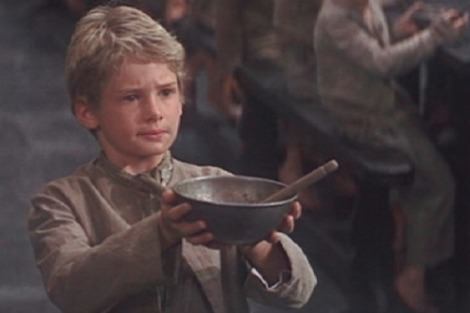
AUSTRALIA
- Kate Galloway
- 26 August 2016
15 Comments
Oliver Twist is still used to aid understanding of the trauma arising from poverty, and the suffering of children at the hands of individuals and within institutional settings. In broader Australian society we assume Dickensian attitudes to children have evolved. Aligned with the sentiments behind child protection, society's image of children and childhood is idyllic. Yet beneath this veneer lies a substratum of deeply ambivalent, even malevolent, attitudes towards children with a distinctly Dickensian flavour.
READ MORE 
-
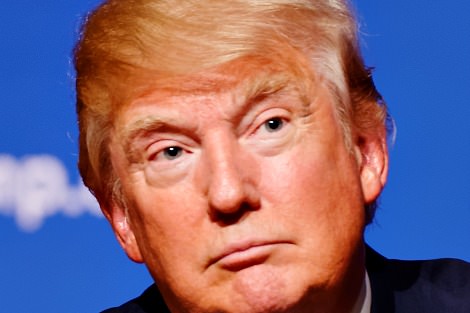
ENVIRONMENT
- Greg Foyster
- 03 August 2016
6 Comments
The neoliberal right is losing political power to the populist right, which isn't filled with the same ideological zeal for free-market capitalism. Suddenly debates can expand beyond the narrow confines of economic growth. Moral and social arguments won't be relegated to the intellectual fringes anymore. Mainstream parties of the left and right, both of which bought into the neoliberal agenda, will have to break their bipartisan dismissal of discontent with the side effects of globalisation.
READ MORE 
-
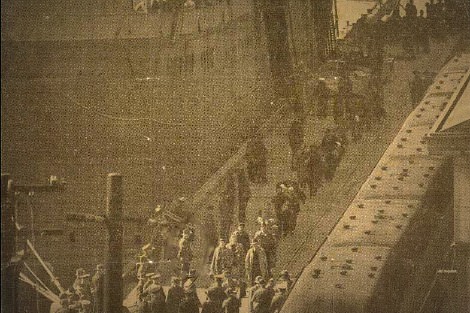
AUSTRALIA
- June Factor
- 03 August 2016
13 Comments
In 1940, Prime Minister Robert Menzies received a letter from a woman in Western Australia: 'I have heard on the wireless the news that Australia would be willing to receive internees from England. I beg to protest; we have enough of the scum here already, too many in fact ... I sincerely trust that a U-boat gets every one of them.' The 'scum' she rejected so emphatically were the German and Austrian refugees, predominantly Jewish, soon to travel to Australia as 'enemy alien' prisoners.
READ MORE 
-
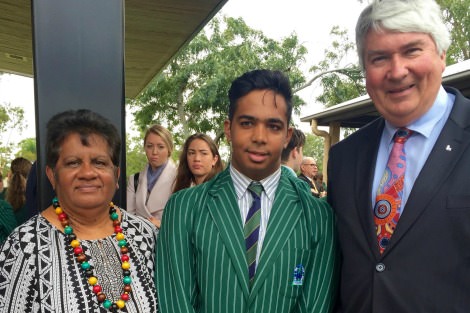
AUSTRALIA
- Frank Brennan
- 25 July 2016
7 Comments
Next year marks the 50th anniversary of the amendment to the Constitution which took out the adverse references to Aborigines. Following our recent election, we are assured at least six, and possibly seven, members of our national parliament who proudly claim an Aboriginal or Torres Strait Islander heritage. They are represented in all parties and none. How good it would be if our elected Aboriginal politicians could come together across party lines and propose an amendment to the Constitution which recognises them.
READ MORE 
-

ECONOMICS
Had Greece decided to exit the EU last year the consequences would have been far greater than Brexit, because Greece uses the euro, whereas Britain has the pound. British interest rates are not set in Brussels, they are set by the Bank of England. And it has an independent fiscal and budgetary system, to the extent that it is possible. The British government has been imposing 'austerity' measures because it subscribes to neoliberal orthodoxy, not because it is being told to do so by Brussels or Germany.
READ MORE 
-

ARTS AND CULTURE
- Shane McCauley
- 24 May 2016
Here in this weather-beleaguered outpost there are so many rumours - thylacines, panthers, wagyls even that in the distant east are barbarians ... But separating deserts might as well be galaxies, and we are self-contained, and even like those theoretical others have our contentments - blue sky, blue sea, and even now the sun's great wintery eye. Hidden as we are however we hold our heads high, perhaps would not be ashamed one day to be discovered ...
READ MORE 
-
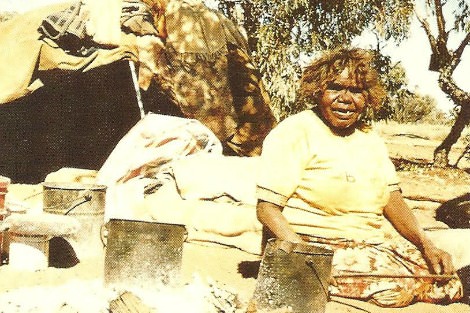
ENVIRONMENT
- Michele Madigan
- 08 April 2016
16 Comments
The passing of Bob Ellis recalls his faithful accompanying of the 1984-1985 royal commission into the British nuclear tests conducted in South Australia in the 1950s and 1960s. His article on the Wallatina hearings described what he named as the commission's 'worst story of all': Edie Milpudie's telling of herself and her family camping, in May 1957, on the Marcoo bomb crater. Re-reading the Ellis article, tears stung my eyes. It's so good when truth is recognised and held up for our freedom.
READ MORE 
-
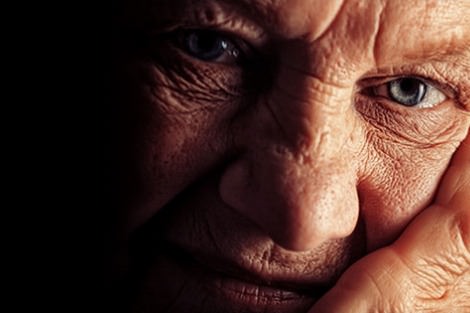
AUSTRALIA
- Gillian Bouras
- 23 February 2016
7 Comments
Elder abuse resembles child abuse in its iceberg qualities: both have received little attention until comparatively recently. In the case of elder abuse, very few cases ever come to court: old people are as helpless as children, similarly unable to plead their own cases, and afraid to: they have little power. The Yiddish proverb springs to mind: If you can't bite, don't show your teeth. The most consistent offenders, sad to say, are family members, who are often adept at exploiting the fear that is part of ageing.
READ MORE 
-
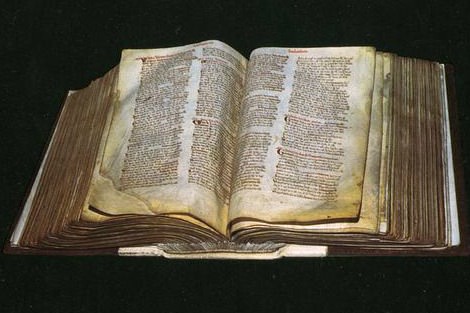
AUSTRALIA
- Brian Matthews
- 10 February 2016
2 Comments
Eslingadene/Isendene/Essendon was its quiet and bucolic self when Richard Green, one of its respectable citizens, farewelled it in the 1850s, migrated to Australia, settled near Melbourne and, honouring his home village, called the area Essendon. Like its northern hemisphere namesake, Essendon does not appear in the Domesday Book, but Macbeth-like vaulting ambition, disjoined from care and humanity, has enrolled it in a modern Doomsday register and stained its name ineradicably.
READ MORE 
-

RELIGION
- Frank Brennan
- 04 December 2015
1 Comment
'Tonight, gathered here in the Southern Cross Club in the national capital, gathered as Eureka's children. We affirm that there is room for everyone under the Southern Cross. I hope you will return to Canberra carrying the Southern Cross flag when we proclaim the Australia Republic on 1 January 2020 which will be two elections after Australia last had a monarchist leader of a major political party. Tony Abbott is the last of his type. Whether the prime minister honoured to witness the proclamation is Malcolm Turnbull, Bill Shorten or another matters not.' Annual Dinner for Eureka's Children, Southern Cross Club, Canberra, 3 December 2015.
READ MORE
-

ARTS AND CULTURE
- Tim Kroenert
- 06 November 2015
2 Comments
Pakistani teenager Malala Yousafzai came to international prominence in 2012 after being shot in the head by a Taliban gunman, for her advocacy for girls' education. He Named Me Malala ponders whether her father shares indirect responsibility for the shooting, as he encouraged her advocacy. The question of exploitation is relevant whenever a child enters the public gaze, but here it threatens to undermine Malala's own agency, as a young woman who can think, speak and act powerfully on her own behalf.
READ MORE 
-
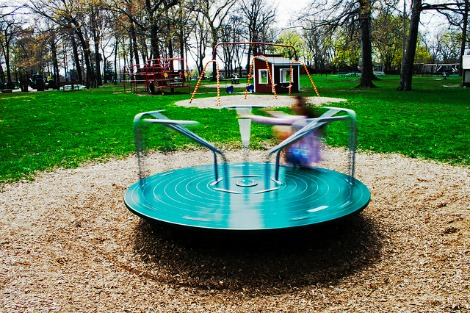
INTERNATIONAL
- Catherine Marshall
- 23 October 2015
15 Comments
Sissies are on their way out on British playgrounds. Guidelines produced by the Institute of Physics for the Department of Education recommend that teachers strongly discourage sexist language at school. While internet forums are replete with admonitions from members of the public furious at the erosion of so-called free speech, the guidelines are a welcome tool in the long and exhausting fight for female equality, and Australia would do well to consider adopting such procedures too.
READ MORE 